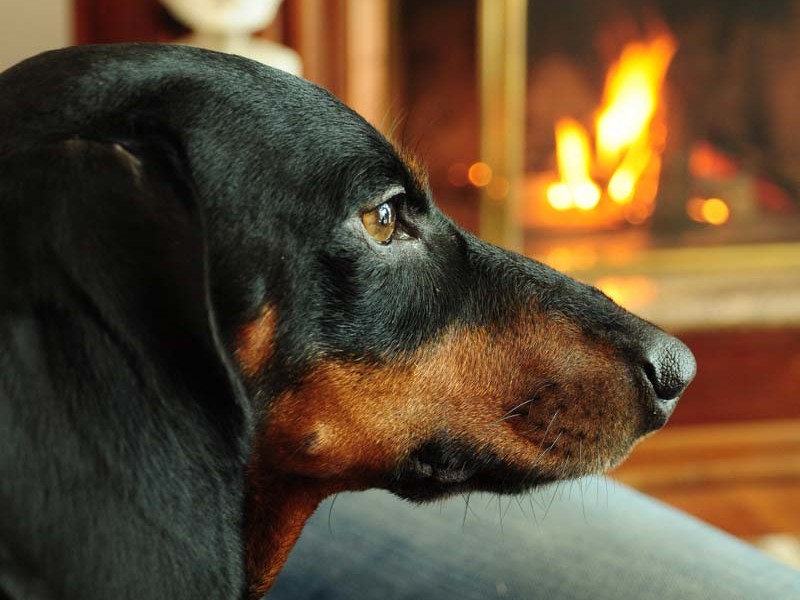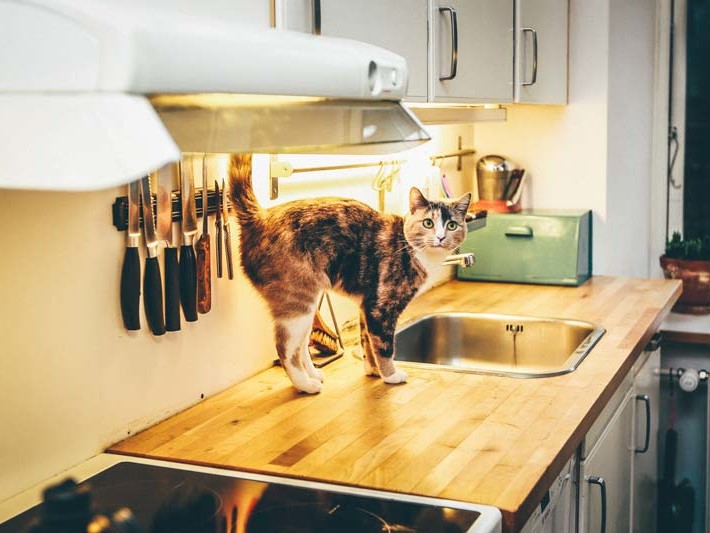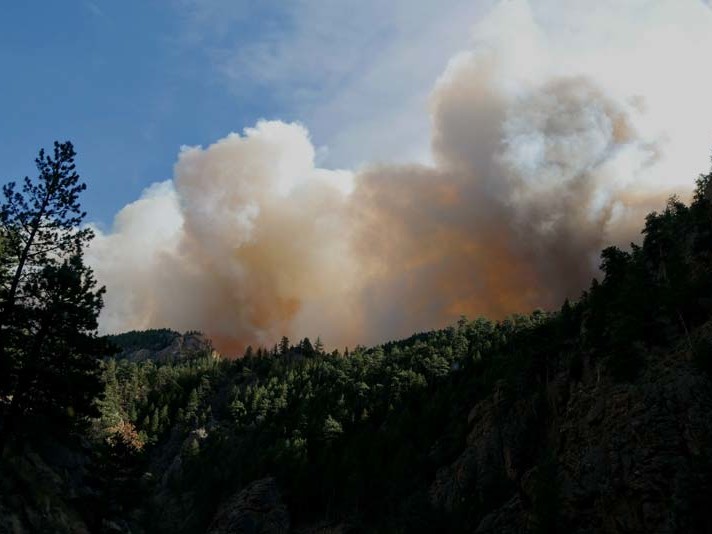Pets give us comfort, friendship, and unconditional love. Our connection to them can be among the strongest relationships in our lives. But pets can cause fires. We need to be careful with pets in the home.
Pet Facts
Pets or wild animals have a part in starting about 750 home fires per year. These involve cooking equipment, fireplaces and chimneys, space heaters, lamps, bulbs, wiring, and candles.

Safety Tips
- Pets are curious. They may bump into, turn on, or knock over cooking equipment. Keep pets away from stoves and countertops.
- Keep pets away from candles, lamps, and space heaters.
- Always use a metal or heat-tempered glass screen on a fireplace and keep it in place.
- Keep pets away from a chimney’s outside vents. Have a “pet-free zone” of at least 3 feet (1 meter) away from the fireplace. Glass doors and screens can stay dangerously hot for several hours after the fire goes out.
- Consider battery-operated, flameless candles. They can look and smell like real candles.
- Some pets are chewers. Watch pets to make sure they don’t chew through electrical cords. Have any problems checked by a professional.
Smoke Alarms
- Have working smoke alarms on every level of the home. Test your smoke alarms at least once a month.
- If the smoke alarm sounds, get out and stay out.
- Never go back inside for pets in a fire. Tell firefighters if your pet is trapped.


Pets & Wild Fires
Make sure pets are included in your family’s wildfire evacuation plan. Build an evacuation kit for each pet in your household. Ensure each kit is a size and weight that can be quickly and easily loaded into a vehicle when packing to evacuate.